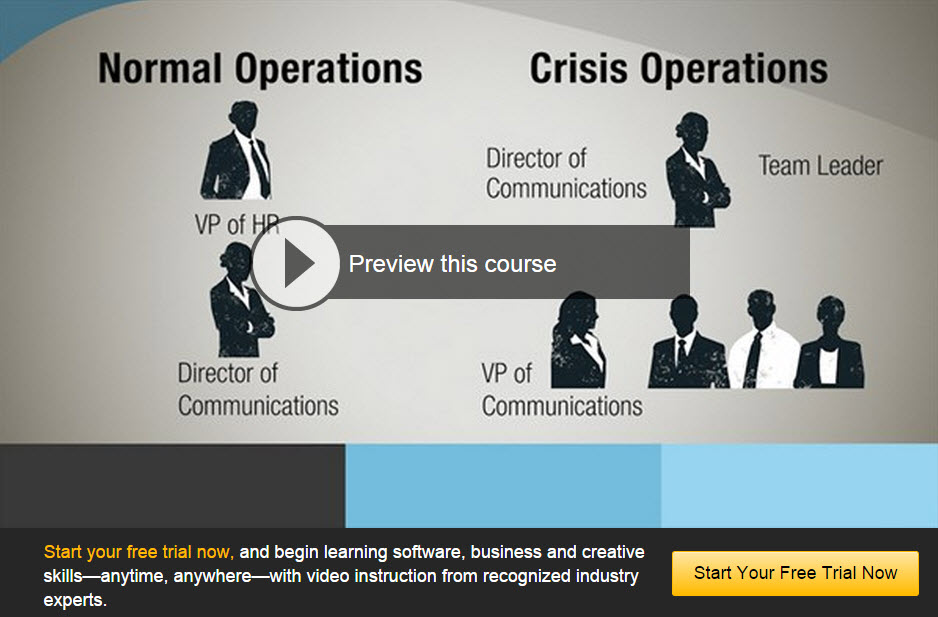As an intelligent business person, you might think you are excellent at answering simple, direct questions. But are you?
Take this easy, 5-question quiz to find out:
1. A venture capitalist asks how much your new service costs. You:
A: Explain how you and your team arrived at the various price points.
B. Respond, “$79 for our platinum service, $59 for gold, $49 for silver.”
2. Your spouse asks you when you’ll be home. You say:
A: “I have a meeting at 4 o’clock. Sometimes these things run a little late. Pat can be long-winded. And then traffic can be bad by then. So.”
B: “I’m guessing around 6, give or take 15 minutes.”
3. Your colleague asks if you can attend a meeting at 1pm: You respond:
A: “I’m having lunch with my boss today.”
B: “I can’t make it at 1. I can get there at 1:30.”
4. A customer asks if you carry Brand X. You don’t. What do you say?
A: “We used to, but we recently switched suppliers.”
B: “I’m sorry, no; we carry Brand Y. It’s even better.”
5. A local reporter asks you where you will be holding your annual event. You:
A: Explain that for the last 3 years you had it at Conference Center A, but because the event has become so successful, you needed a space with bigger capacity, so after searching for 4 months, your negotiated an excellent deal with Conference Center B.
B: Say, “Conference Center B.”
If you answered any question A’s (even one!) – yeah, you’re bad at answering direct questions. You might think you know how to answer a simple question, but you are not only annoying and exhausting people, you’re also wasting their time.
If you also find yourself thinking, “No, but wait. These questions aren’t fair. I wouldn’t answer A or B, really; I’d need more information to provide a thorough answer.” — then oh, please for the love of Mike stop already. You have a really, super-serious problem. You can’t answer a simple direct question directly. Don’t make this about the asker: it’s your problem.
Yes, people will often ask open-ended questions when they have time and want to explore your insights. However, they might ask direct questions when they are pressed for time or need direct answers. In those situations, your tendency to mull over every possible outcome and preemptively answer every question they didn’t think to ask becomes an enormous drag.
But why are you doing this? Why can’t you succinctly and truthfully answer direct questions as they are posed? It’s likely that you have one or all of these 3 conditions:
1) You’re hiding something; quite possibly even lying. People who have something to hide often fail at being direct. If you don’t think your prices are reasonable, you’ll try to rationalize before telling someone the cost. If you worry that your spouse is going to be mad at you for being late, you’ll hide behind a pile of excuses that sound reasonable. You can probably make that one o’clock meeting: you just don’t want to, so you play coy. Every time you fail to directly answer a simple question, you’re actually leaking what you’re trying to hide. Your audience becomes suspicious. They sense that you are hiding something or being less than truthful. After all, you’re not answering their question: you’re answering a question that points at the root of what it is that you are trying to hide. You might think you’ve cleverly deceived them, but they know you’re hiding something. You’ll serve yourself and your audience better by simply being direct.
2) You’re deeply insecure. As such, you feel that any direct question puts you on the spot. Before you answer, you feel you must establish your credibility. You’ll perform calculations, dive into deep background, explain your positioning, or start bragging about your accomplishments, activities, or relationships. You feel that the asker really needs to know how clever, important, or successful you are: otherwise, how can they trust you when you say the meeting is in Conference Room B? And the idea of simply saying “I don’t know” fills you with a certain terror: how can you admit that you don’t know something without dying of shame on the spot? However, when you brag, calculate, or over-explain: what you are really doing is telegraphing insecurity to your audience. Be aware of this tendency you have. Practice answering direct questions directly. If askers need more information, let them follow up with other questions. See how secure that makes you look? If they ask you how much your product costs and you say, “$59” — let them follow up with other questions if they want. Resist your urge to chatter needlessly about background information they neither asked for nor want.
c) You’re a man, and a woman is asking the question. If you’re a man, go ahead and re-read the above 5 questions. First, imagine that a man is asking you the question. Then, imagine a woman is asking the question. If you suspect that you’d answer differently depending upon the gender of the asker, it’s up to you to deal with your bias. As a man, society has conditioned you to believe that women need more information, or that they didn’t really ask the right question, so you’d better answer the question they didn’t ask. Or you might even be puffing yourself up, trying to make yourself seem more knowledgeable or more important than you are. Or you might be terrified of saying “I don’t know” to a woman, for fear that she will see you as less than omnipotent. Relax! She already knows that you’re a pompous windbag, so there’s no need for you to prove it. Sadly, the typical advice is for women to sit and listen politely to your unnecessary bullshit. But once again, this is your problem, not hers. Instead of asking her to change, acknowledge that we live and work in a horribly gender biased environment, and work on fixing your own bias problem. Be aware that dithering and fussing haplessly around women is an issue for many men. If you catch yourself failing to directly answer a simple question when a woman asks it, just stop yourself, then directly answer her question. Over time, you’ll find yourself flailing less when dealing with women. You’ll also seem more confident, and like less like an obnoxious twit.
Try it. If you’re a babbler or over-explainer — force yourself to directly answer direct questions. If the asker wants more information from you, let them follow up and ask it.
Don’t make this hard. It’s really super simple. You can do this!






